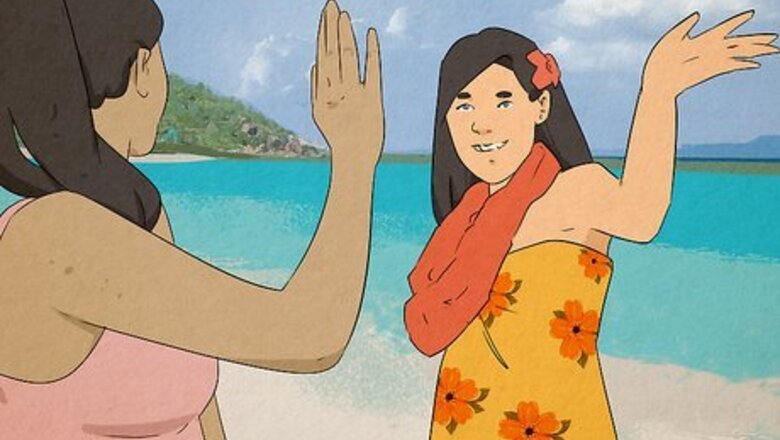
views
What does aloha mean?
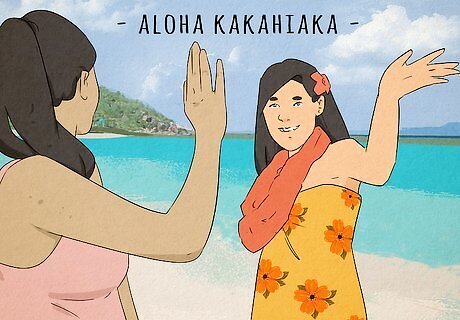
Aloha means both “hello” and “goodbye.” In Hawaiian, aloha can be used as a greeting or farewell. You might hear “aloha” when you enter a restaurant, or on your way out. Whether it means hello or goodbye depends on the context. “Aloha” is pronounced a-loh-ha. Aloha can also be used as a daily greeting. For example: “Aloha ka ka hiaka” – Good morning “Aloha ahiahi” – Good evening
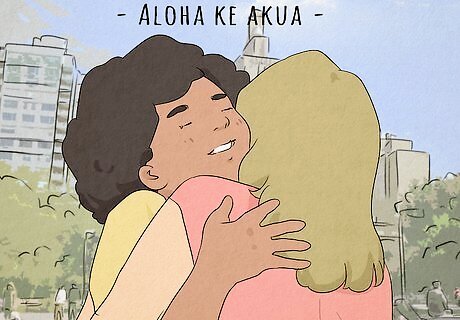
Aloha can also mean “love” or “affection” depending on how it’s used. Aloha is a relatively complex word, and it can also be used to convey “love,” “affection,” or “appreciation” depending on how it is used. For example, a local Hawaiian may say: “Aloha ke akua” – God is love “Aloha nui loa” – Much love, and fondest regards
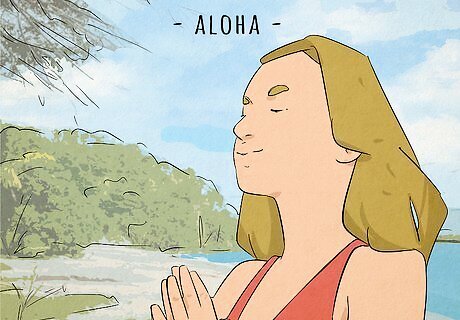
On a literal level, aloha translates to “the breath of life.” In Hawaiian culture, “aloha” is a way of life. It’s a foundational belief in universal love and respect. The Spirit of Aloha is seen everywhere in Hawaii, and it’s a big part of why Hawaiian culture is perceived to be so warm, welcoming, and relaxed. Think of aloha kind of like “namaste” in Hindu, or “shalom” in Hebrew. “Aloha” might be mainly used to say “hello” or “goodbye,” but it’s a lot deeper than that!
How do you reply to aloha?
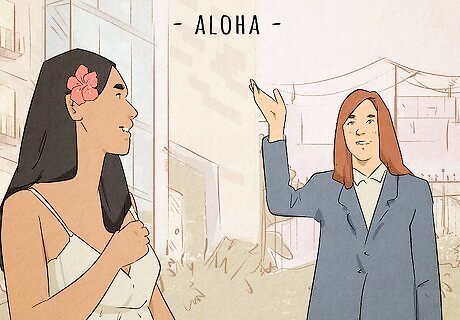
Say “aloha” back if it was used as a greeting or goodbye. This is the most common way you’d use “aloha” in Hawaii. When you first meet someone and they say, “Aloha,” you could reply by saying “aloha” back. Similarly, if someone says, “Aloha” when you’re leaving a store or restaurant, you can reply, “Aloha!” to say goodbye.
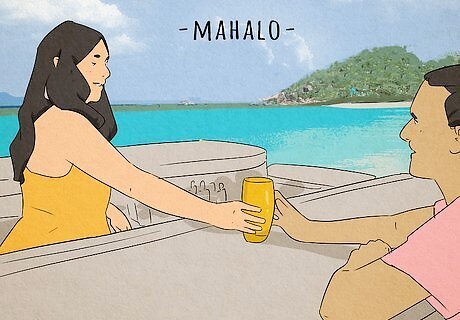
Use “mahalo” if someone says “aloha” while helping you out. If someone greets you while they’re performing a service for you, respond to “aloha” with “mahalo,” which means “thank you.” For example, if you show up at a hotel and the host says, “Aloha! Welcome to the Big Island Hotel,” you might reply, “Mahalo! We’re excited to be here.” “Mahalo” is pronounced mah-hah-loh. You can use both “aloha” and “mahalo” in an exchange if you think it’s appropriate. For example, if you sit down as bar, the bartender might say, “Aloha! What can I get you?” You might reply, “Aloha! One whiskey sour, please,” and say, “Mahalo,” as they set your drink down.
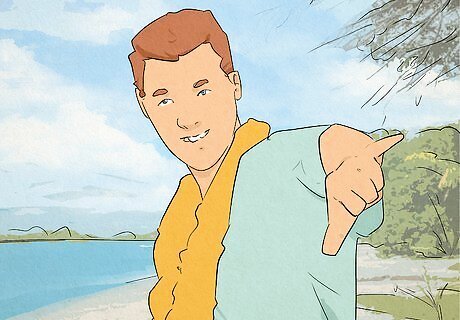
Send a shaka back if someone greets you with the hand sign. Shaka is a hand signal in Hawaii that basically means “hang loose” or, “keep it cool.” You make a shaka by sticking your pinky and thumb out, keeping your 3 middle fingers down, and shaking your hand back and forth real quickly. If someone says, “Aloha,” and they make a shaka while they say it, make a shaka back at them as you reply. You’ll commonly see people throwing shakas around at the beach whenever a surfer nails a sweet wave, or friends greet one another at the beachfront.
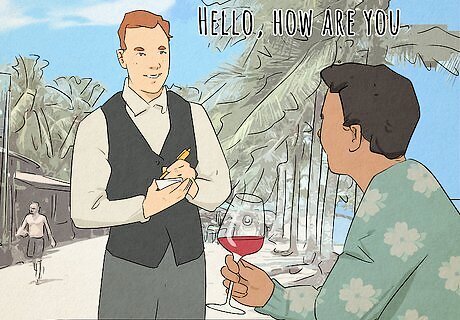
Reply kindly in your native language if you prefer. There is absolutely nothing wrong with saying, “Good evening,” or, “Hello, how are you,” when someone says, “Aloha.” If you aren’t confident or comfortable with using a foreign language, you aren’t going to offend or upset anyone by using your native tongue. For example, if you walk into a restaurant and the host says, “Aloha, welcome to Kirby’s! Three in your party?” you might reply, “Hello! Yes, three of us. Thanks!”
Is it rude to use aloha as a tourist?
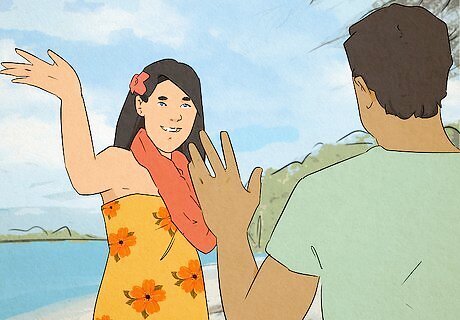
No, most Hawaiians will appreciate the gesture. The vast majority of Hawaiians will respect the fact that you’re participating in local culture by using phrases like “aloha” and “mahalo.” They’ll find it endearing and fun! So long as you aren’t being disrespectful and you don’t intentionally use Hawaiian terms ironically to poke fun at them, the locals will welcome you with open arms. Many people don’t feel all that comfortable borrowing words, gestures, or behaviors from other cultures. That’s okay! There’s nothing wrong with just sticking to your native tongue.
Common Hawaiian Phrases

'A'ole pilikia—you’re welcome. If someone says “mahalo” to you, your first impulse may be to say “mahalo” back! That’s reasonable, since that’s how you use “aloha,” but the proper response is actually “'A'ole pilikia,” which means “you’re welcome.” ”'A'ole pilikia” is pronounced ah-oh-leh pee-lee-kee-yah.
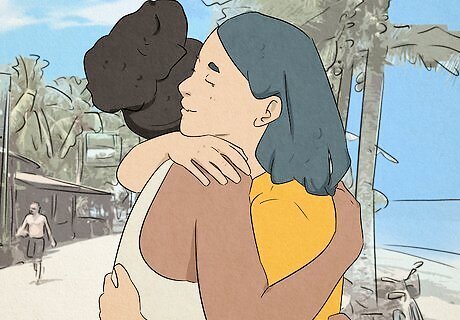
A hui hou—until we meet again. This phrase is a thoughtful and friendly alternative to “aloha.” If you spent the night chatting with a local and you have to leave, you might say, “Aloha, a hui hou” or simply, “A hui hou,” as a sign of endearment. “A hui hou” is pronounced ah-hoo-wee-ho-oo-uu.
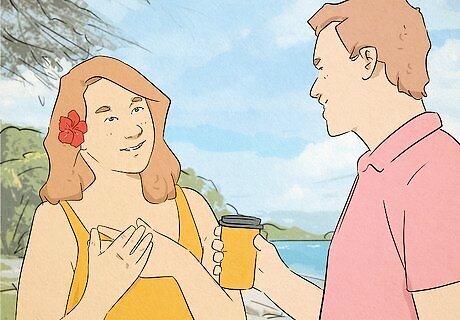
E kala mai—apologies. If you bump into someone on accident or you make a mistake, “E kala mai,” is a genuine way of saying, “I’m sorry about that.” “E kala mai” is pronounced eh kah-lah mah-yee
















Comments
0 comment